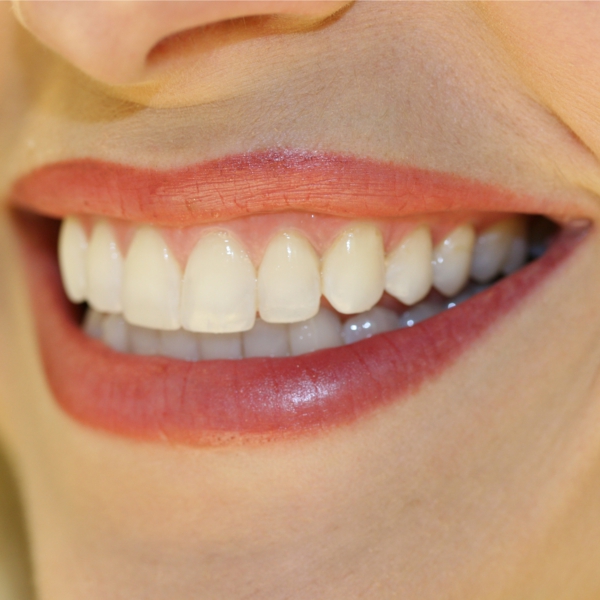Modern technology has been giving us a lot of reasons to smile about. Improved conditions, better ways of living, and a healthier environment are just some of the benefits we have reaped because technology has allowed us to reach our potential.
When it comes to the world of dentistry, no one can ever deny how it has evolved. Nowadays, more and more patients are beginning to visit their dentists without any trace of anxiety, as compared to the olden times when procedures can be really painful and provide discomfort. Today, achieving perfect teeth has also become a reality—thanks to dental contouring, or teeth reshaping.

The procedure, explained
Dental contouring is a procedure that is commonly requested among people who need some minor fixes in their teeth. For example, if your tooth has a small chip, or have overlapped, unevenly-shaped teeth—dental contouring can be done to solve these minor problems. The procedure involves removing small particles of the tooth enamel in order to fix small minor imperfections.
How is dental contouring done?
The first step in dental contouring would be for your dentist to take x rays of your teeth. This ensures that your teeth are healthy enough to do such procedure. The next step would be your dentist marking the “problem areas” of your teeth. As soon as this is done, your dentist will then use a sanding instrument to remove and fix your tooth. When everything looks perfect, finishing touches will be applied to your teeth through polishing and smoothing.
The advantages and disadvantages of dental contouring
If you are deciding on undergoing a dental contouring procedure, here are some pros and cons that you may consider if you are having a difficult time in choosing what dental procedure to take.
One major advantage would be the low cost of the procedure. Compared to other cosmetic surgery procedures, dental contouring is relatively inexpensive. If you also worry about cosmetic surgery being painful, a dental contouring procedure is painless. Another advantage would be an improvement in your teeth’s health—the procedure may eliminate certain tartar and destroy plaque buildup, making your teeth healthier.
For disadvantages, one obvious factor to consider is the fact that a dental contouring procedure may only work for a handful of people. If you have bigger tooth problems that need major surgery, then dental contouring is not for you. Also, because it only fixes minor tooth imperfections, a change in the overall appearance of your teeth may be hard to notice. Lastly, the risk of tooth damage is evident—a few wrong strokes by the dentist upon removing the tooth’s enamel may lead to even more problems.
Finally…
Dental contouring is a procedure that helps you achieve that perfect teeth through minor dental fixes. As they say, good things come in small packages, and like dental contouring—sometimes it only takes a few tooth fixes to get that perfect smile you’ve always wanted.
Author Byline:
Mary recently visited her dentist (www.asmile.co.nz) and was inspired to write about dental contouring

